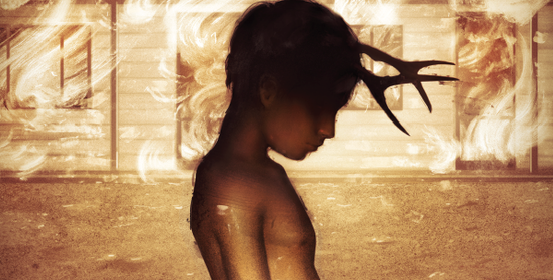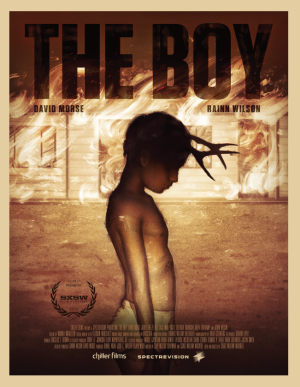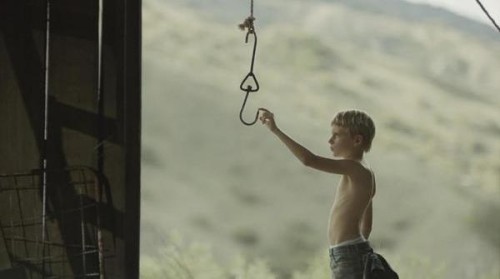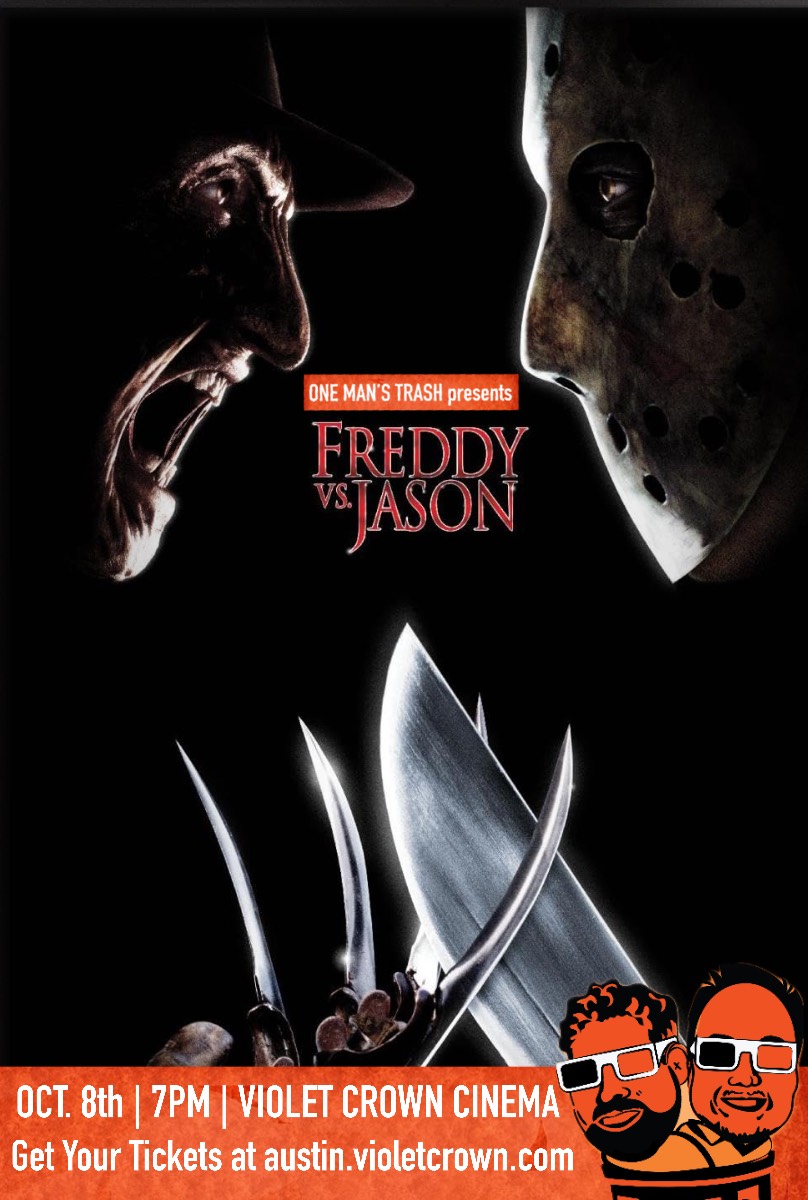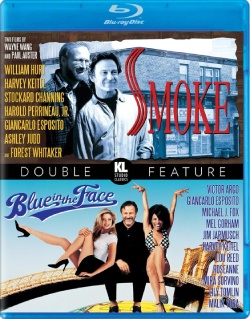Don’t you love it when a movie makes you think about it for hours after the initial viewing? I mean, regardless of the fact that it may be somewhat predictable, or maybe that it encompasses a theme that has been done before. A movie doesn’t have to be original to be great, it simply has to draw us in, capture our minds and emotions, leaving a savory thought process behind as a lingering feast for our brains.
The Boy, directed by Craig William Macneill, is one such film. Based on his award-winning short, Henley, Macneill gives us and insider’s view of a pre-pubescent boy, Ted Henley, played by Jared Breeze, in the last days of childhood innocence, before his metamorphosis into a cunning killing machine.
Ted and his father, played by David Morse, live alone maintaining a failing motel in the middle of nowhere sometime in the 1980s. The boy’s main focus is collecting roadkill for quarters, but his father assigns him the role of motel housekeeper when he is not playing with his pet rabbit or exploring the property grounds. It’s quickly established that this boy is intelligent and resourceful. He’s a problem solver and he’s tenacious. And oh boy, does he want out of the endless purgatory in which his father keeps him trapped.
What surprised me about this movie was that I was able to easily relate, emotionally and intellectually, to Ted’s sociopathic behavior. By the end of the first act, you get why Ted is frustrated, angry, and desperate for an outlet. The child has little to no social bonding with peers or day-to-day human interactions with anybody other than his father. Ted is rarely exposed to new experiences, or challenges in life. He’s trapped and he is keenly aware of it. The only form of positive reinforcement that his father offers, is to collect roadkill to earn quarters.
Ted diligently scours the highway for dead animals, saving up his quarters with the intention of buying a bus ticket and escaping. The dead animals he collects represent hope for him, a means to leave this dull and hellish world behind. And in this way, unintentionally, his father sets him on the road to learn that death has some major advantages and can be used as a means to an end. As the tension mounts between father and son, Ted’s sociopathic tendencies accelerate as new strategies are exercised in procuring fresh roadkill, ultimately leading to a nightmarish conclusion.
The film adopts an observational and patient style of storytelling. We are given a birds-eye-view of a nine-year-old’s hellish evolution. Ted is adapting, learning, and growing ever more bold before our eyes, and damn, it’s creepy! Macneill creates a frustrating and tense atmosphere without heavy handedness or over-the-top theatrics, typical of most serial killer movies. Even the moments of gore and mayhem are handled with graceful minimalism that delivers a sucker-punch to your psyche. This is mostly due to the fact that you are constantly handed a spoonful of realism with each step that Ted takes towards his fate. The filmmakers did their research on childhood sociopathy, and the effect is terrifying.
The movie is beautifully effectively shot. One can see looming green mountains in the distance, and yet, the motel is seated in a dusty and barren area, further emphasizing the isolation from vibrant possibilities of the outside world that tease Ted’s tortured mind.
All the performances are fantastic, including Rainn Wilson’s, who plays an unintentional customer of the motel. He has quite a heavy role in the movie and delivers it with grace and talent. Breeze plays Ted beautifully and his unraveling is horrifying. Morse also delivers his strongest moment in a particularly well-played dialogue with Wilson’s character.
I highly recommend this movie for those who like to become deeply imbedded in slow-burn psychological thrillers. While it’s slowly paced, one never gets bored. It’s truly dripping with talent and craftsmanship. I applaud the entire cast and crew for accomplishing this fantastic film. Well done and do keep them coming!
Thanks for reading.
Diva Del Mar


